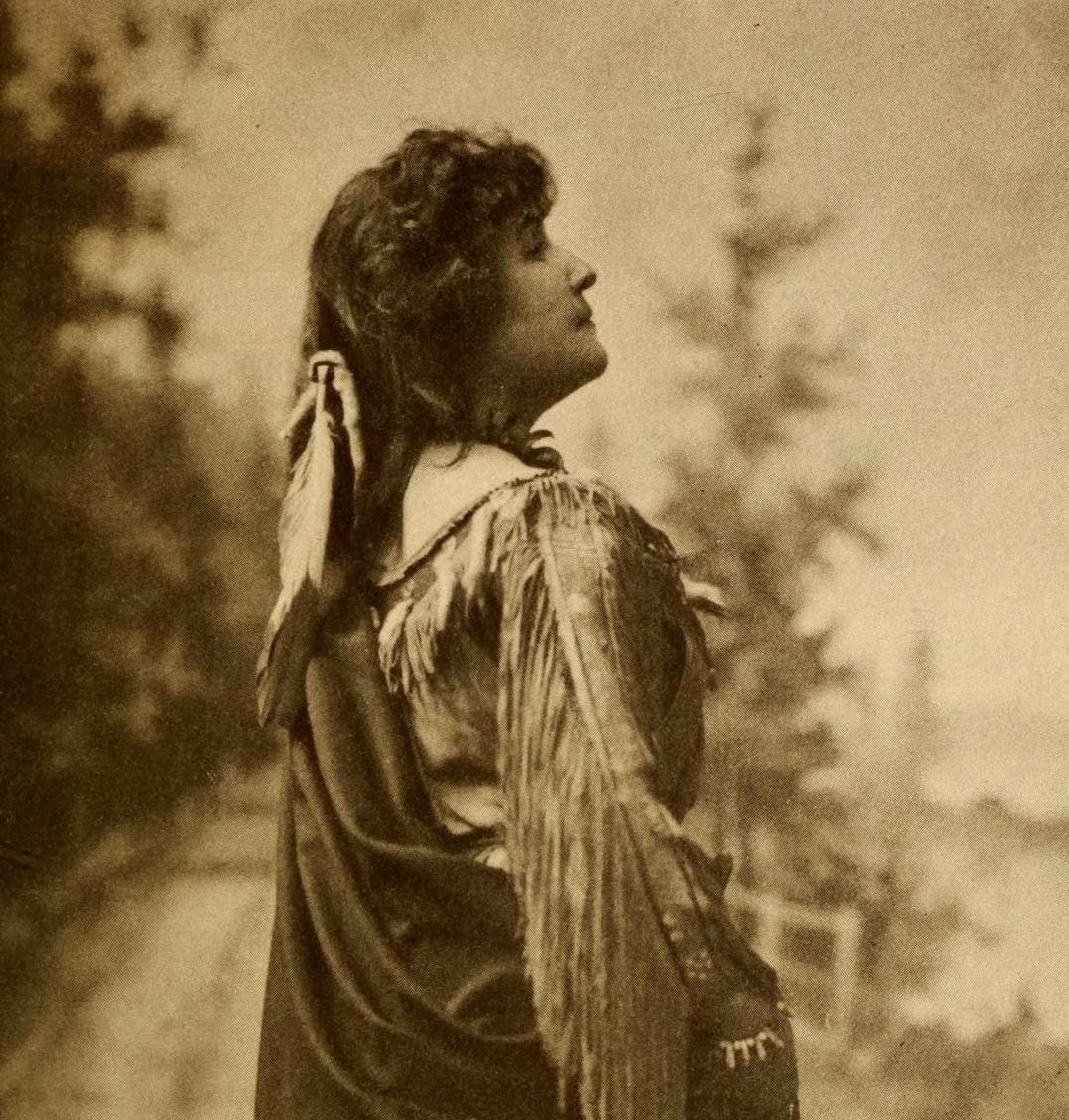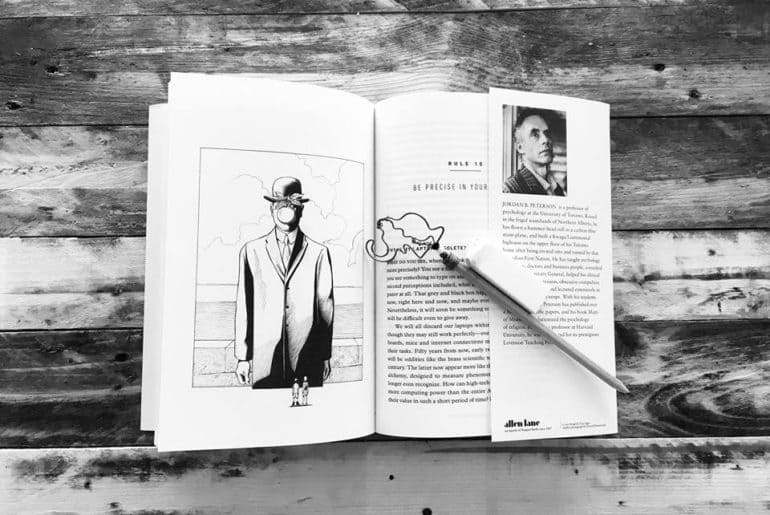Cheryl Hickman is the founder and general and artistic director of Opera on the Avalon, a company in Newfoundland that showcases traditional opera and musical theatre. The company is dedicated to promoting work by female artists and empowering them through mentorship programs and gender parity policies.
A singer herself, Hickman was inspired to create Opera on the Avalon after being mentored herself. She has performed with some of the most prominent operatic companies in North America and Europe, including the New York City Opera, Vancouver Opera, Calgary Opera, Pacific Opera Victoria, Manitoba Opera, Canadian Opera Company, Florida Grand Opera, and Opera Français. When she speaks, she does so with passion and poetry. She wants Opera to adapt to the times, employing more women and engaging more youth.
In 2017, Hickman was appointed to the Canada Council for the Arts and is the chair of the Governance Committee. Women’s Post spoke with Hickman over the phone about the future of Opera, how to keep a community engaged in such a traditional art form, and the potential of women in positions of power.
Question: Did you always have a passion for music? When did you first discover opera?
Answer: I discovered it at quite a young age. My mom tells me I sang before I spoke. I was a child of the 70s. I still remember terrible 70s lyrics that should be out of my head, but alas, it’s not. My first memory is singing in a Kindergarden production in Newfoundland.
Were you able to get a job as a singer right after graduation or was there a delay?
I did an undergrad at the University of Toronto and graduate work at The Juilliard School. Literally one of my mentors called New York City Opera – across the square. I walked out of my masters program to a job. But again, that was a mentor who believed in me and picked up the phone. I didn’t realize how lucky I was at the time.
Why did you found Opera on the Avalon?
The reason why I started Opera on the Avalon was because of Diana Leblanc at the Canadian Opera Company. I was in the ensemble and as a young performer you didn’t really see a lot of women. It’s a very male dominated world. She was the first female director I worked with. I think it made such an impact in terms of how she worked. It was a revelation. It was such a rewarding and creatively and artistically and emotionally satisfying experience. I realized later I was trying to re-create that experience in my whole professional life.
I started also, because in my genre, there is little opportunity for women. There are very few artistic directors, heads of companies, producers, and little opportunity in the higher levels. If you aren’t going to invite me to the party I’ll start my own. The company has evolved.
Power balance will only change if you act on it. And so, in the East coast or in Canada we are the only company that insists on gender parity. We hire people from diverse backgrounds. We also insist on parity in all hiring.
Why is it so important to insist on gender parity in the arts?
It’s so topical now. As a young singer, [opera] was a school of “if it doesn’t kill you it makes you stronger”. There was a lot of sexism and misogyny. It was an unconscious bias people aren’t aware of. It’s only when you are aware of the fact that people of power are all men, you don’t realize how much that impacts you.
How do you deal with it? You don’t deal with it. You realize what the rules are. The person who gets fired isn’t going to be the abused. You learn very quickly that in the arts talent forgives all. Success is a motivator for people to look beyond someone’s faults and sometimes the faults are quite large and harmful to other artists. You want to work – if you complain you won’t work. You put your game face on.
What is making Opera on the Avalon such a success?
We embrace artistic risk. What interests me is that we are bringing a quality, high callibre to widest audience possible – especially attracting younger generations because that’s the audience we are building. If we are going to attract wider audiences we need to widen the stories we are telling. We can’t allow stories we tell to be only those of dead white men.
I think one of the things we do is you have to reflect the lives of the community you live in back on the stage. We did a new show “Ours” [about] WWI battle that has a tremendous impact on Newfoundland and Labrador. We are doing an opera called ”As One”, focusing on the transgender [identity] and young people finding out who they are and discovering at a young age who you are as a person.
Do you believe in mentorship? What do you do to help young women?
I mentor through a couple of programs, university programs, and through Opera on the Avalon. We mentor young conductors. The number of female conductors in Opera in this country is shameful, so we are working to change that. I often think there is an unconscious bias – men hire men. That happens with mentorship and encouragement. It is really difficult for set designers, conductors, and directors if they don’t see women in power doing those things. You have to have guidance from somebody that has that lived experience and can also speak about the difficulties and challenges, and encourage you every step of the way. I was mentored by some pretty amazing women and we have to lift each other up.
Any final thoughts?
I guess what’s interesting, or what’s important is that for too long we have been afraid, as women, to speak up because it’s fear of embarrassment or retribution or contempt. And I think now is the time [to speak]. In the last couple of weeks you’ve seen how that is changing. Someone said to me that a young man got hired for something and someone said he was a boy wonder. The female equivalent is bitch and for me, that’s true. As women, we owe it to the next generation to speak up without fear of retribution. It is incumbent on us.
Want to get these profiles sent to your inbox? Subscribe to our newsletter below:


